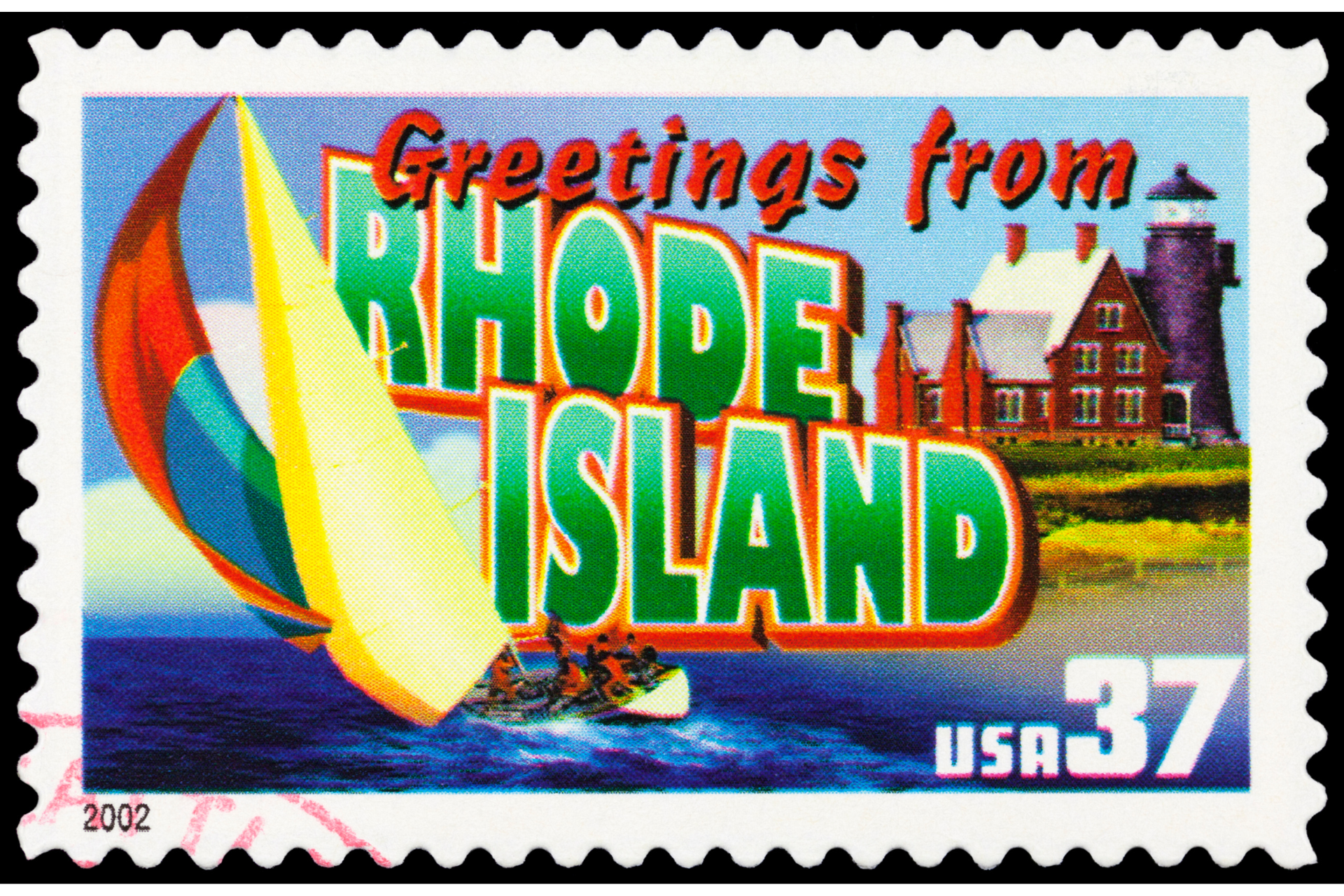The Arkansas Marshallese community has begun to express concern over the delay in the renegotiation of the Compacts of Free Association (COFA) between the U.S. and the Republic of the Marshall Islands (RMI), including the impact of the impasse on their daily lives in the U.S.
Expiration of the U.S.-RMI compact is September 30th, and the sides have not yet reached a final agreement. The greatest area of contention is reportedly a lack of U.S. ownership of the ongoing health and environmental effects plaguing the Marshall Islands from U.S. nuclear testing conducted in the Marshall Islands from 1946-1958. Nuclear waste remains on the islands, and its residents have faced high cancer rates and other health issues.
The failure of the two sides to reach an agreement has become a source of consternation among stateside Marshallese. As first reported in the Arkansas Advocate, Arkansas Coalition of Marshallese (ACOM) founder and CEO Melisa Laelan said, “People keep asking me, ‘What’s going to happen to us? Are they going to deport us?’ There’s still a lot of concern on that.”
Arkansas is home to the largest population of Marshallese residents within the continental U.S., with many working in the poultry industry and other food processing operations.
The COFAs were developed beginning in the 1980s and are set to expire this year for the Federated States of Micronesia and the Marshall Islands, and next year for Palau. Negotiations for new COFAs began in 2020. Now negotiators are, as the Marshall Islands Journal put it, “in the final sprint.” Yet COFA citizens living in the states are worrying about deportation if the agreements are not finalized.
The compacts were controversial when they were first negotiated. The Marshall Islands Journal reported that the first negotiators were “forced to sign” section 177, the part of the agreement that settled the question of reparations for nuclear testing on the islands. U.S. nuclear legacy issue has created further controversy this year. A recent report from the Congressional Research Service describes this issue as “a sticking point” in the renegotiations.
Congressman Bruce Westerman (R-AR), who is the chairman of the congressional committee tasked with reviewing and approving the pending treaty, says he doesn’t expect and agreement before September 30 of this year.
The significance of September 30
On September 30, 2023, the current COFA for the Marshall Islands will expire. At that point, the corresponding law authorizing the right of the Marshallese people to live and work in the United States will sunset, although U.S. immigration law also reflects the unique status of citizens of the Marshall Islands in the U.S.
“I don’t see that it’s going to create a lot of hardship and displacement or anything like that,” Westerman said, according to the Arkansas Advocate. “I think common sense will prevail … the process will continue to go, and I would hope to have it done as soon as possible.”
Individuals from the Philippines were subject to deportation after the Philippines ended its status as a U.S. territory, although deportation was rarely enforced.
The Arkansas Advocate also quoted Rep. Steve Womack (R-AR), who represents a district with the largest number of stateside Marshallese residents, as saying, “The U.S.-RMI COFA] doesn’t capture the attention of a lot of my colleagues because they’re not impacted by it,” Womack said. “It’s not like they willingly, knowingly look the other way, it’s just that [they] probably don’t even know that the issue exists.”
Free association for Puerto Rico?
Some Puerto Rico leaders are beginning to learn about and consider free association for Puerto Rico. The details of hypothetical “free association” arrangements between the U.S. and Puerto Rico are generally patterned on the now discounted idea of “enhanced commonwealth” that would provide Puerto Ricans an impossible mix of statehood and sovereignty, like continued U.S. citizenships and an open Puerto Rico-U.S. border while Puerto Rico would simultaneously control its own immigration laws and international trade agreements.
A key congressional committee has been clear that details of any U.S.-Puerto Rico free association relationship, including its length, “would be subject to negotiation between the countries and would require approval by Congress and by the people of Puerto Rico.”
Some “free association” proponents in Puerto Rico nonetheless treat the option optimistically, describing scenarios in which the United States gives in to all of Puerto Rico’s demands, including reparations for decades of colonialism. History does not support this expectation or hope, and current renegotiations on the three U.S. compacts of free association certainly do not paint such a rosy picture.
Image courtesy of Marti Woodruff



